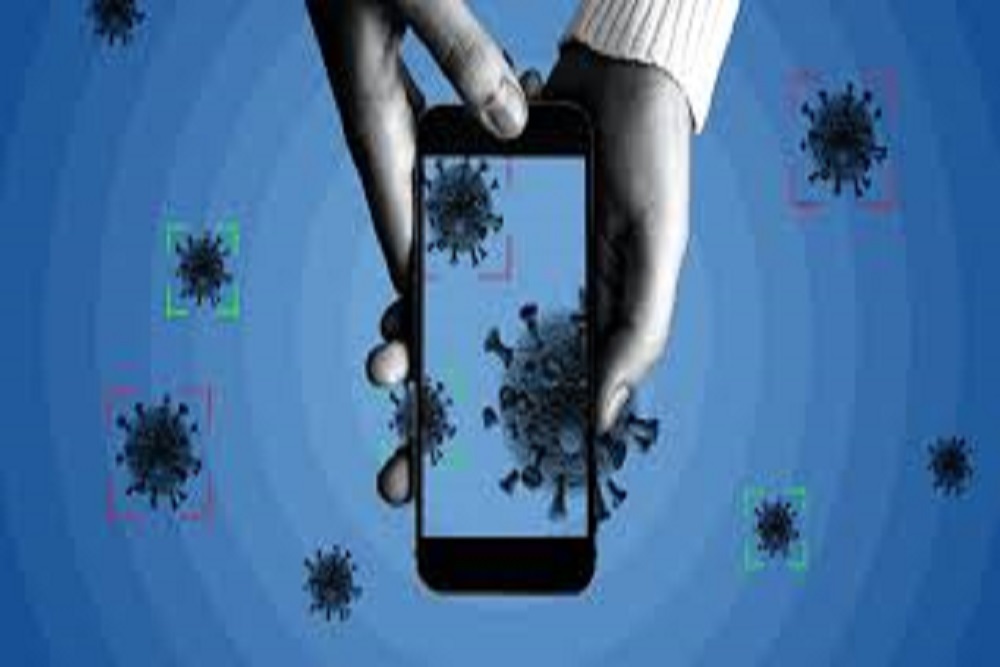C.G.H. Medical Center issued the following announcement on July 17.
Scammers are up to new tricks amid the coronavirus pandemic. Now they’re posing as contact tracers.
To be crystal clear, contact tracing is a real thing—it’s when someone from a health department uses phone calls and other means of communication to identify those who may have been exposed to COVID-19. Contact tracing is one of the best tools we have to help slow the spread of the virus. Sadly, would-be crooks are pretending to be contact tracers too. Their con? They may try to steal your identity and your money, according to the Federal Trade Commission (FTC).
How to spot a contact-tracing scam
A real contact tracer may contact you or someone you know who has tested positive for COVID-19. They may ask about your health information and the places you’ve been. And they may instruct you to quarantine and monitor your symptoms.
But the FTC reminds us that a real contact tracer would never ask you for the following things, which they do not need:
Your money. Scammers might ask you to make a payment by gift card, for instance.
Your bank account or credit card numbers.
Your social security number.
Your immigration status, which has nothing to do with contact tracing.
Never share personal information like this with anyone who claims to be a contact tracer.
You should also watch out for any text message that includes a link. Do not click on or tap the link. Doing so could put harmful software on your device. Real contact tracers may send you texts or emails—but only to notify you that they’ll be calling you soon. They will never ask you to click on or download anything.
If you suspect a scam
If you suspect a fake contact tracer, hang up the phone or ignore their text message or email.
Next, you can report the fake tracer to the FTC.
If you aren’t sure if the contact tracer is real, you can contact your state health department. You can find that number online. Do not call any phone numbers or visit any websites listed in the suspicious text message.
So long, scammers
Another tip: You can block phony contact tracers and other spam messages before they even reach your phone.
Your phone or your wireless provider may have an option for this. Or you can download a call-blocking app.
The FTC has more advice on how to block unwanted texts on various devices.
Learn more about fake cures and other COVID-19 scams by visiting our Coronavirus health topic center.
Original source can be found here.

Source: C.G.H. Medical Center



 Alerts Sign-up
Alerts Sign-up